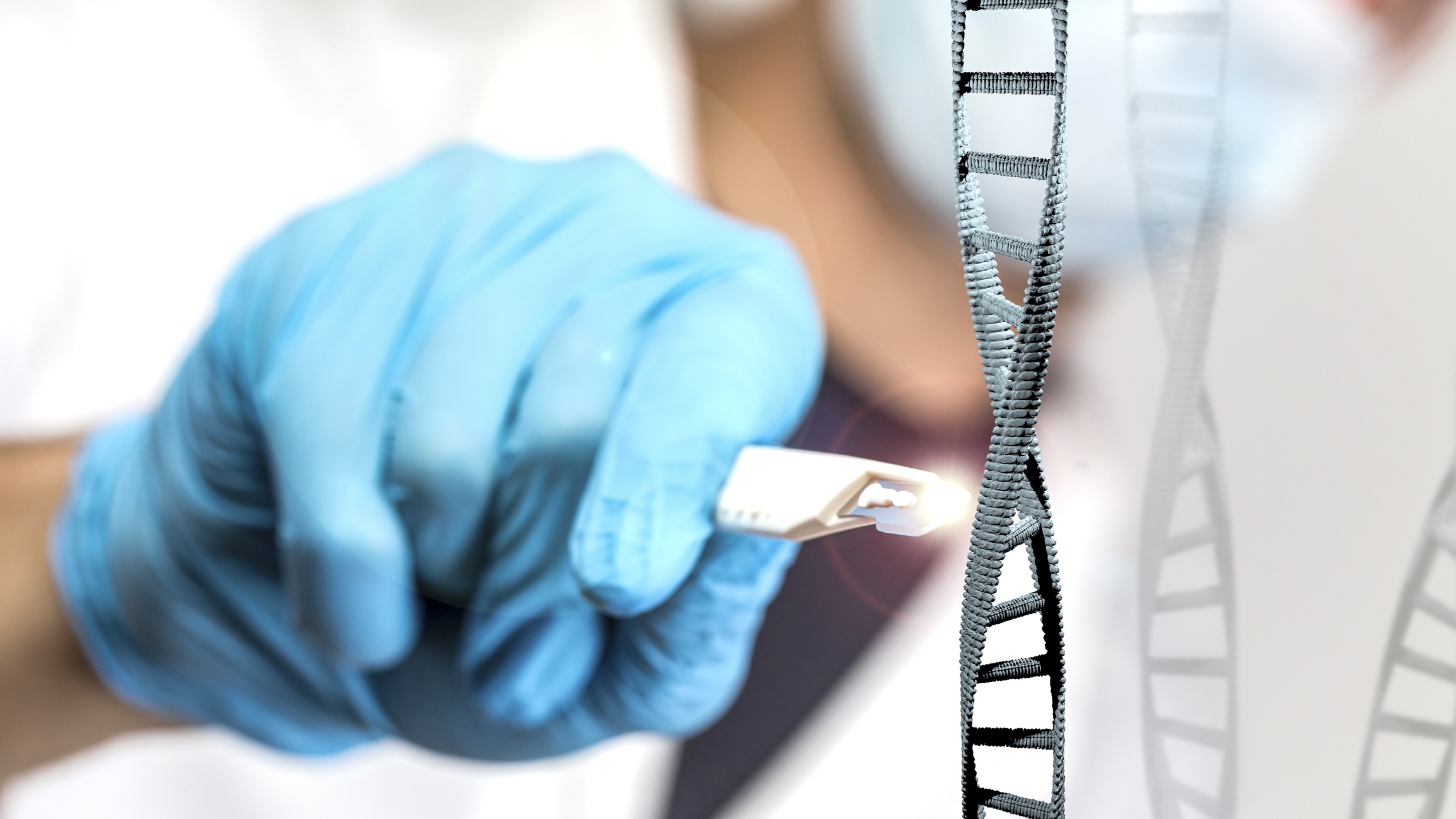
He Jiankui, a Chinese researcher, claims that he has assisted in creating the world’s first genetically edited babies by using CRISPR technology. He asserts that the product of this experimentation was two twin girls born this month whose DNA was altered by this powerful genetic-editing tool. His claims have sparked profound debate on the ethics behind genetically altering human embryos, and if true, mark a huge leap for science. Genetic editing of this type is banned in the United States, being that these DNA changes can pass to future generations and poses the risk of harming other genes.
As per Chinese medical documents posted earlier this month, a team at the Southern University of Science and Technology in Shenzhen has been aiming to recruit candidates to create the first CRISPR edited babies. Their plan has been to eliminate the CCR5 gene, aiming to create children resistant to HIV, smallpox, and cholera. The documents regarding the clinical trial describe an experiment in which CRISPR is used to modify embryos prior to implanting them into women. The men in the couples involved in the trial were carriers of HIV, and the elimination of the CCR5 gene will, in theory, eliminate a protein needed for HIV to enter the child’s cells.
Jiankui initially declined comments regarding the trial, but later claimed that one couple involved in the trial gave birth to two twin girls this month, however these claims have not been confirmed independently. A promotional video regarding Jiankui’s findings is posted below.
Data submitted in the trial shows that genetic tests were carried out on fetuses as late as six months. It is unknown whether these pregnancies were terminated, carried out, or are ongoing.
“In this ever more competitive global pursuit of applications for gene editing, we hope to be a stand-out,” He and his team wrote in an ethics statement last year. They predicted their trial “will surpass” in vitro fertilization as a medical achievement, whose developer received a Nobel Prize in 2010.
Though the US and many other countries have banned the deliberate alteration of genes in human embryos, the law does not prohibit such action in China. Despite the legality behind the trial, many researchers in China opposed the practice. 122 Chinese scientists have issued a statement labeling Jiankui’s actions as “crazy” and that his claims are “a huge blow to the global reputation and development of Chinese science.”
READ MORE: CRISPR Patent Dispute Finally Comes to End After Years
It is very uncommon for a scientist to announce a breakthrough such as this without providing clinical data that peers can review. Jiankui claims to have received permission to do this work from the ethics board at the hospital Shenzhen Harmonicare, but in interviews with the Chinese media, the hospital denies any involvement. Cheng Zhen, general manager of the hospital, has requested police to investigate “fraudulent ethical review materials” as per Beijing News. The University tethered to Jiankui states that he has been on no-pay leave since February and that the school of biology viewed the project as a violation of academic ethics and norms.
READ MORE: Ending Autism with Genomic Editing?
Despite the ethical dispute surrounding the trial, Jiankui felt that a survey of Chinese citizens reflected favor of the experiment. With 73% of the Chinese surveyed supporting genetic editing to prevent HIV, and 95% of those with the disease favoring such action, evidently there are supporters of the procedure.
“I believe this is going to help the families and their children,” Jiankui said. If it causes unwanted side effects or harm, “I would feel the same pain as they do and it’s going to be my own responsibility.”
The controversial birth of #CRISPR genome edited twin babies @AP, by @MMarchioneAP https://t.co/JXzduKk3B2
— Eric Topol (@EricTopol) November 26, 2018
Sources: MIT Technology Review, NY Times, STAT News







 © 2025 Mashup Media, LLC, a Formedics Property. All Rights Reserved.
© 2025 Mashup Media, LLC, a Formedics Property. All Rights Reserved.